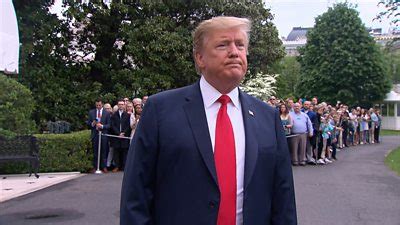Recent moves by the Trump administration are causing concern among experts who fear a potential resurgence of measles outbreaks in the United States. The dismantling of international public health safeguards, withdrawal of funding from local health departments, and promotion of health misinformation have raised alarms within the medical community.
The current measles outbreak that originated in West Texas has shown no signs of abating, with cases spreading to neighboring states and resulting in tragic fatalities. Dr. Thomas R. Frieden, a respected figure in public health, warns that these developments have created favorable conditions for the virus to make a comeback.
“If federal health officials do not change course,”
Dr. Frieden cautions,
“we may witness large multistate outbreaks becoming more commonplace.”
The key factors contributing to such outbreaks include the introduction of the virus into unvaccinated populations on a significant scale.
Dr. William Moss, an expert epidemiologist from Johns Hopkins Bloomberg School of Public Health, emphasizes that recent policy changes increase the likelihood of both importing measles into the country and encountering susceptible groups due to reduced vaccination rates.
One critical element affecting global efforts against measles is the decision by the U.S. government to withdraw from its involvement with the World Health Organization (WHO). The WHO operates an extensive network of laboratories worldwide dedicated to monitoring measles cases across 164 countries. This disengagement disrupts crucial mechanisms for tracking and containing the spread of infectious diseases.
As concerns escalate regarding potential long-term implications on public health under current policies, it is essential for stakeholders at all levels to prioritize strategies that safeguard communities against preventable illnesses like measles.









Leave feedback about this